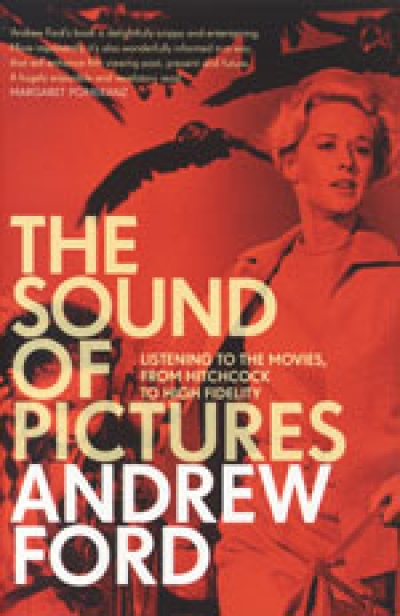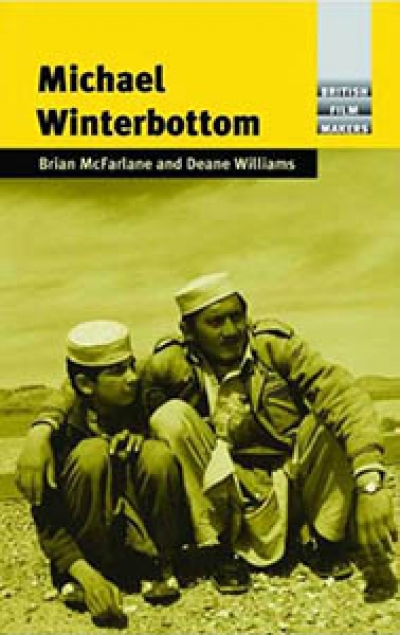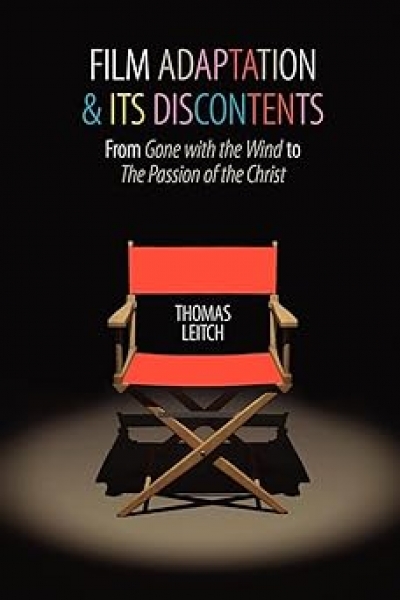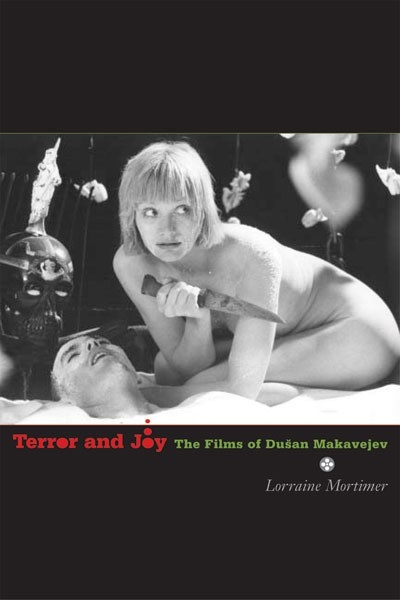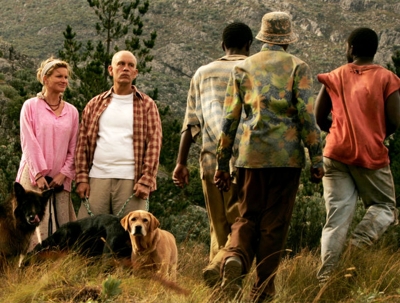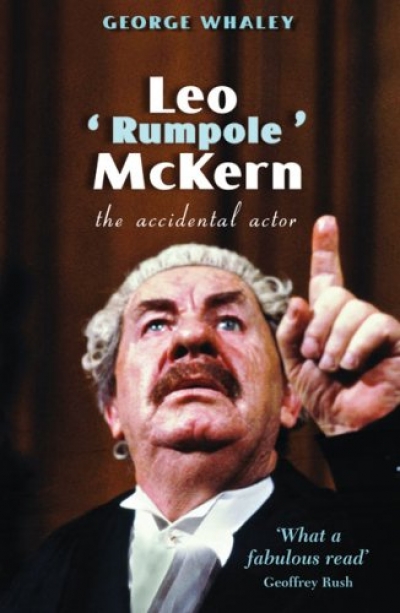Film Studies
Kotcheff’s Wake
Jake Wilson
Wake in Fright
by Tina Kaufman
Currency Press, $16.95 pb, 72 pp, 9780868198644
Eight years after its launch, the Australian Screen Classics series of monographs represents a valuable, ongoing contribution to l ...
The Sound of Pictures: Listening to the Movies, From Hitchcock to High Fidelity by Andrew Ford
by Robert Gibson •
Goodbye Cinema, Hello Cinephilia: Film Culture in Transition by Jonathan Rosenbaum
by Jake Wilson •
Film Adaptation and its Discontents: From Gone With The Wind to The Passion of The Christ by Thomas Leitch
by John Byron •
Terror and Joy: The Films of Dušan Makavejev by Lorraine Mortimer
by Nick Prescott •
‘It wasn’t like that in the book’ is one of the commonest and most irritating responses to film versions of famous novels. Adaptation of literature to film seems to be a topic of enduring interest at every level, from foyer gossip to the most learned exegesis. Sometimes, it must be said, the former is the more entertaining, but this is no place for such frivolity.
... (read more)Leo ‘Rumpole’ McKern: The accidental actor by George Whaley
by Brian McFarlane •
I Peed on Fellini:: Recollections of a life in film by David Stratton
by Brian McFarlane •

